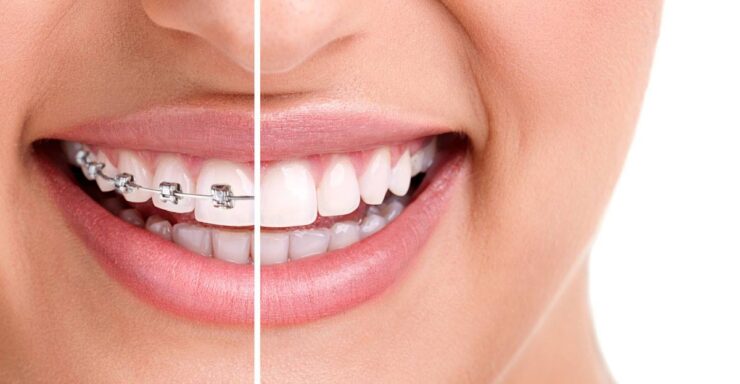People often assume that getting braces is mainly for cosmetic purposes, but that isn’t always true. Aside from improving your smile, you may actually need braces to deal with other issues due to the alignment of your teeth.
If you’re not sure whether or not you need braces, there are several ways that you can figure it out:
Examine Your Teeth in the Mirror
Use a mirror to examine your teeth and look for any type of malocclusion. If your teeth are too crowded that some are out of place or overlap and protrude – you may need braces. Crowded teeth will often grow out of alignment, and are far more difficult to clean which will increase the risk of cavities.
At the same time if your teeth are too far apart it could affect your bite, and that is cause to get braces too.
Also, see: Everything you should know about dental brace technique
Check Your Bite
When you close your mouth and bite down, your teeth should fit together. If they overlap or if there is a large space between your upper and lower teeth – you may have bite problems that need to be corrected.
In the long term bite problems can cause a variety of other issues, including increased wear and tear on some teeth, straining of the jaw, and difficulty keeping your teeth clean. That is why getting braces to fix the problem is key.
Watch For Other Signs
Aside from examining your teeth and bites directly, there are some other signs that you should watch for that may indicate you need braces. Some of the more common are:
- Jaw shifts or clicking sounds when you bite which could be a sign that you have an issue with your jawline or temporomandibular joint disorder.
- Frequent injuries to your cheeks that are caused by biting shows that your teeth are not properly aligned and you probably have overbite or underbite.
- Lisps in your speech can be a sign of malocclusion.
- Regularly getting food stuck between your teeth may be a sign that they are too crowded.
- Jaw pain that recurs may be due to additional stress that is placed on the joint because the jaw is not aligned properly.
- Difficulty chewing your food is likely due to a problem with your bite.
If you notice any of these signs, you should definitely make an appointment with your dentist or orthodontist. That will allow you to confirm whether or not there is a problem, and if you need braces to fix it.
Keep in mind that braces come in a variety of types nowadays, so you may not necessarily need the conventional metal braces. Be sure to ask your dentist about Invisalign Birmingham and other options that are available – and whether or not they are suitable.
Make no mistake if you do have a problem with the alignment of your teeth or jaw, getting braces early and correcting the issue will definitely be the right move. The last thing that you want is for the problem to become worse, which is likely to happen over time.




























